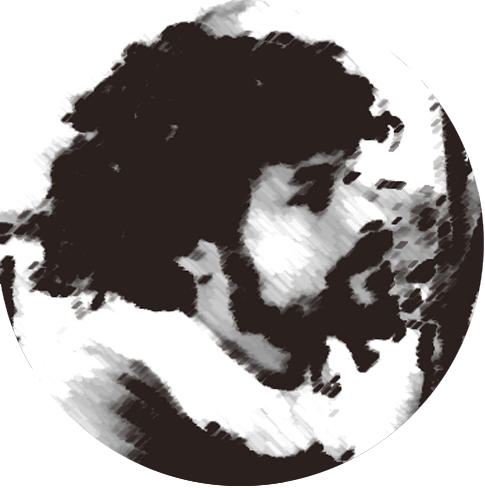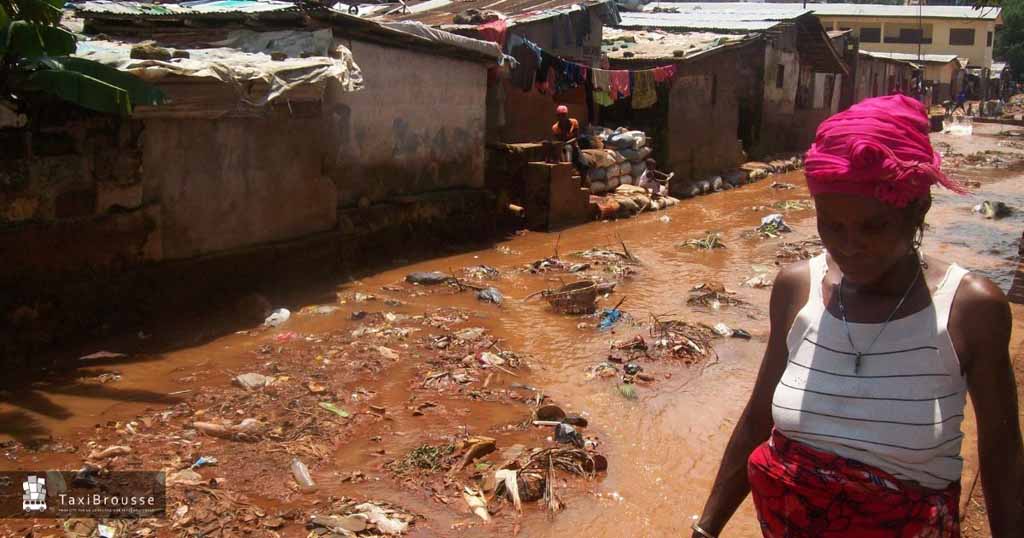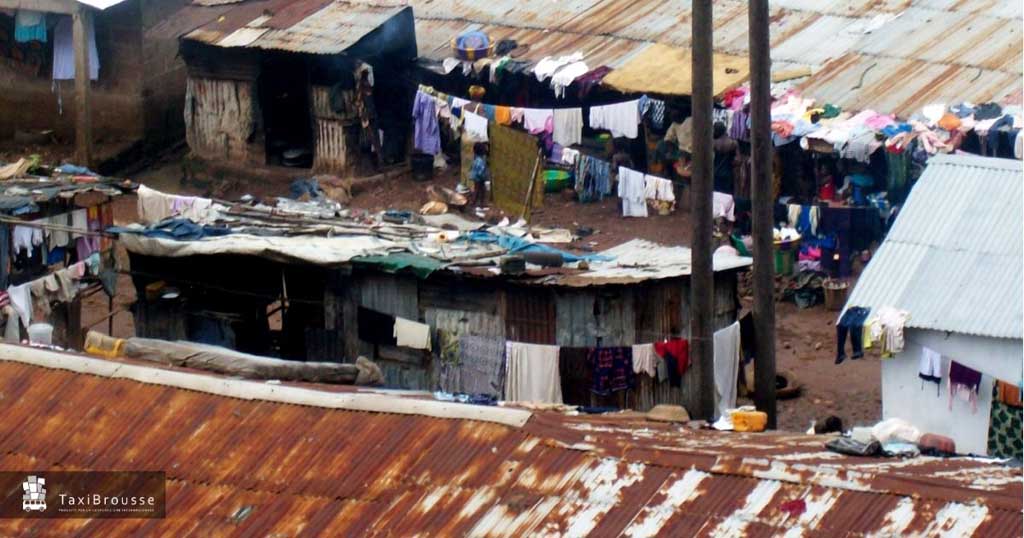In the vulnerability and risk exposure assessments within slums women usually emerges among the most fragile categories: poverty, insane environment, lack of main services and petty crime are usually widespread in most of the informal settlements, recreating a high-risk context.
Several researches have shown that in many slums, the majority of family units are single-parent and almost always made up of abandoned or widowed women, with several children to be maintained through occasional jobs linked to the informal economy.
In these situations of poverty and in countries without free healthcare, the risks related to health and the mortality through childbirth increase dramatically.
The issue of violence is equally alarming: it is estimated that domestic violence and especially rape have much higher percentages than other areas of the cities.
The lack of trust and the fear towards the institutions then leads not to report abuse or crimes suffered, fueling the feeling of impunity and injustice. A set of correlated factors strongly influence the lives of many women, even in the ordinary daily activities.
For example, the widespread absence of private bathrooms or near the houses, as well as being a health and privacy problem, forces people to move even hundreds of meters from home to find an empty place; since many slums do not have night lighting, many women have to wait for dawn to use the toilets, in order to avoid assaults.
These dramatic situations are often hiding small but encouraging signs of a possible revolution.
The great strength of the slums is the extraordinary resilience of its residents and their ability to ideate collaborative and common solutions to widespread problems.
Women are in most cases the engine of this grassroots creativity.
It’s well known as the success rate of microcredit increases dramatically when a woman or groups of women are involved in the activity, the same thing happens in the traditional “tontine” system (a kind of common fund with rotating loan in a group of families) much more effective when the family economy is managed by women.

In addition to the “ordinary administration”, however, it is in the vision and in the search for a change that the women residing in the slums are undisputed protagonists. In the slums of Nairobi, women’s groups organized a series of protest marches to request rights, infrastructures and access to basic services.
In participatory data collection activities, women are often the most active and efficient while in many Indian slums, self-defence and self-help groups have been created to protect each other from assaults and risks.
In countries where gender discrimination is still evident it is not uncommon to find slums in which the most influential community leaders are women, almost always determined, stubborn and less corruptible than their male colleagues.
I can remember Isatu, known as “Pan Body” (shack in the local slang) that in a large slum of Freetown welcomed street children in his small house; everyone recognized her authority, even pickpockets and crooks ran away renouncing to steal something after she chides them.
Talking about innovation we find extraordinary examples of creativity and female entrepreneurship, one of the most interesting cases is Dharavi Diary, an initiative developed by a local NGO in the homonymous slum of Mumbai that has created a software development school for slum girls.
In few months, the team of students has designed and developed a series of applications dedicated to slum dwellers with useful information, alert messages for any environmental risks, exchange offers, etc.
The strategies of self-organization of slum dwellers and the ability to improve their settlements often start and are carried on by the inventiveness and tenacity of the wonderful women living in the slums.
These are just small steps, but their obstinacy, capacity for resilience and sensitivity make us hope for a more inclusive and sustainable future for everyone.

Federico Monica
Architect and Urban Planner, Ph.D. in Urban and regional planning. Founder of Taxibrousse studio, specialized in informal settlements assessment, slum upgrading strategies, low-cost and low-tech building processes.
Share this page!
Featured posts
TaxiBrousse is a design and consultancy studio for international development, we works in the fields of engineering, architecture, urban planning and environmental protection.
Follow us





